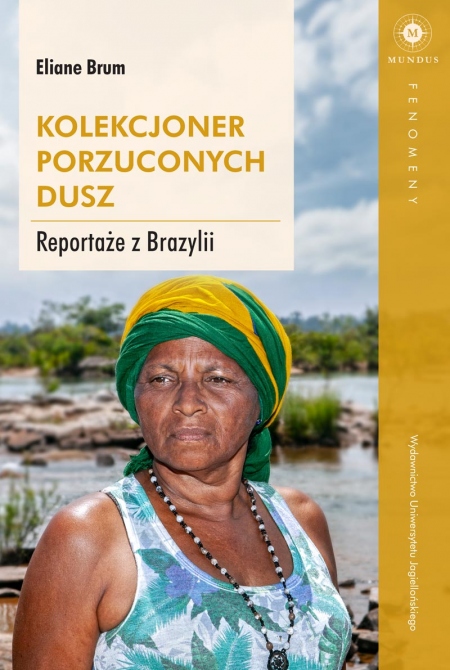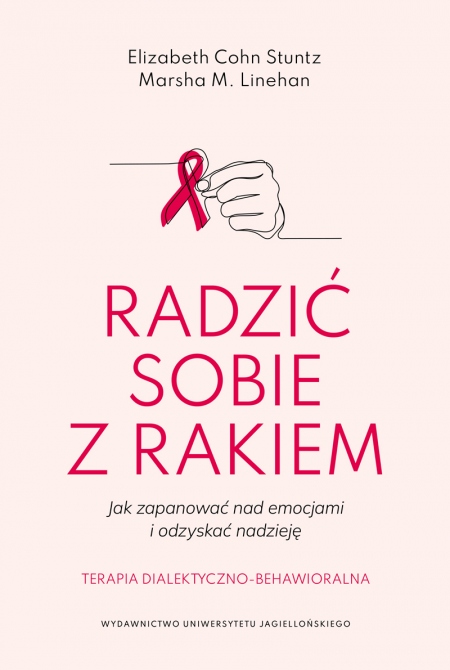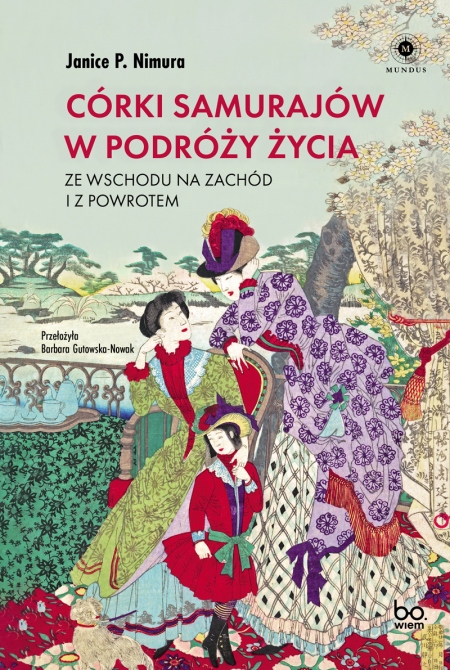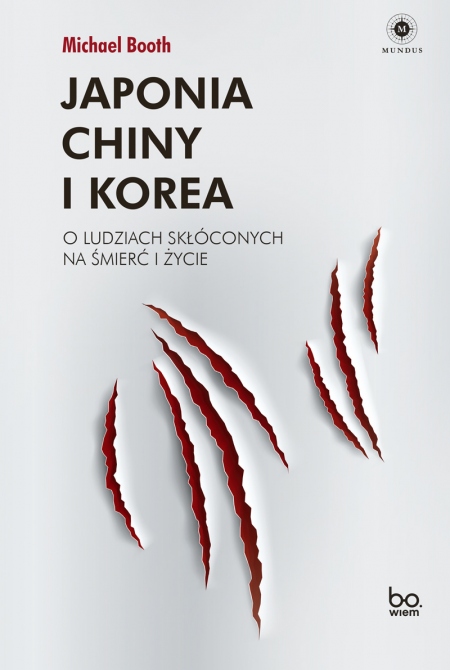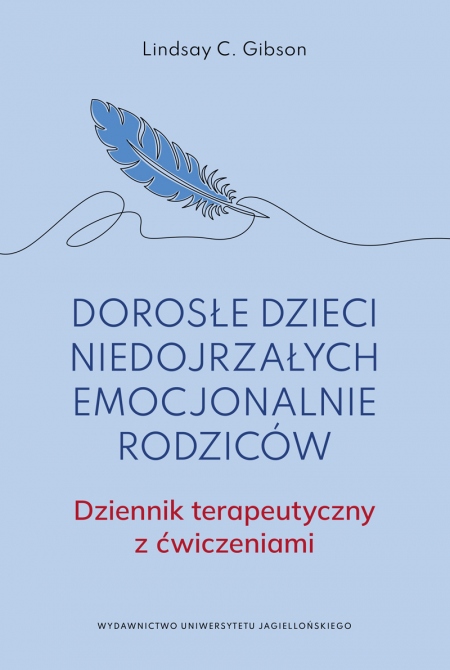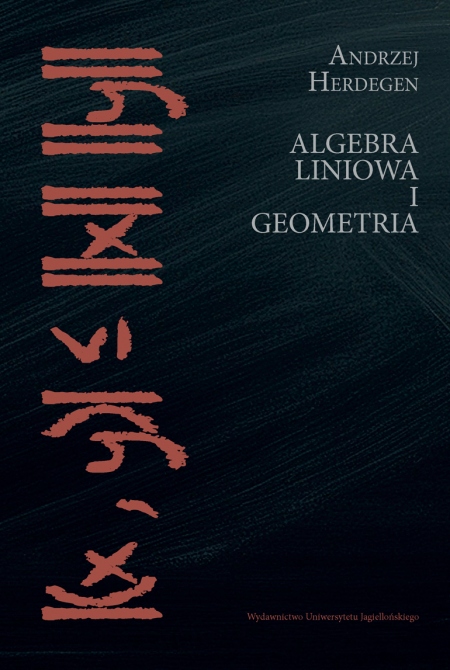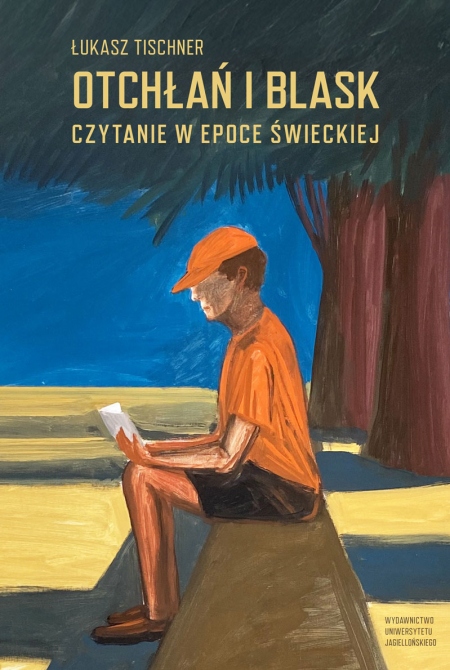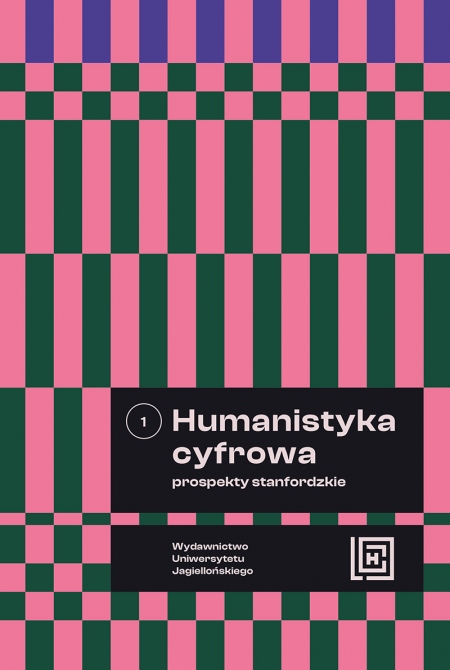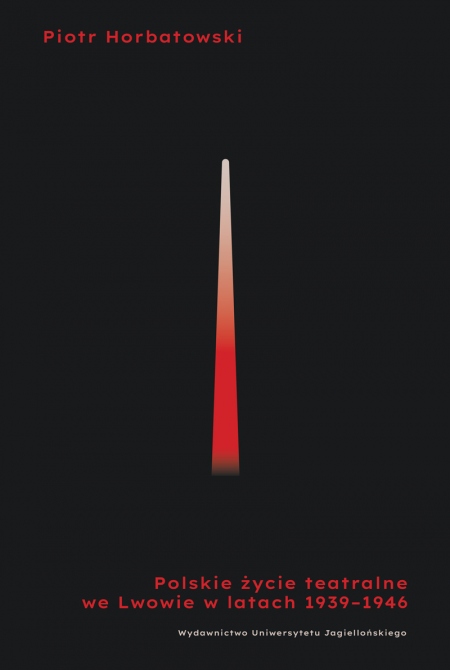Approaches to Death and Dying: Bioethical and Cultural Perspectives
Edited by: Marta Szabat, Jan Piasecki
Pages: 216
Book format: 15,8x23,5 cm
Publication date: 2021
Release date: 20.12.2021
E-book publication date: 27.09.2023
Book description
The book Approaches to Death and Dying: Bioethical and Cultural Perspectives, edited by Marta Szabat and Jan Piasecki, is part of a still too narrow catalogue of works devoted to end-of-life themes. The volume consists of eleven articles arranged in four parts corresponding to a broad range of issues: law, ethics, philosophy, and cultural studies. The arrangement of the book is thus constructed around various perspectives upon which any reflection on death and dying must be based. This is perhaps indicative of how difficult it is to adopt an unambiguous attitude towards death–modernity, which introduces a multitude of possible choices and decisions regarding our own bodies, has enhanced individualism but at the same time done away with the order provided by old customs, cultural arrangements, strategies towards the inevitable and the power exerted by that order.
Addressing the issue of death and dying in the suggested contexts conjures up a number of meanings and problems that require reflection and even solutions. I am delighted to say that I have no hesitation in recommending the publication of Approaches to Death and Dying: Bioethical and Cultural Perspectives, an impeccably edited volume of considerable intellectual substance. The book demonstrates the importance of collective works integrating the research of various scientific communities, provided, however, that the selection of both the topic and the writers is not governed by chance, but rather by a carefully thought-out and faultlessly explored idea of more general resonance. And this is the case here, for which congratulations and respect are deserved. I am convinced that this opinion will be shared by the readers of this publication.
The review prepared by Professor Agnieszka Kaczmarek (Adam Mickiewicz University, Poznań, Poland)
Dr Marta Szabat studied philosophy and literature at the University of Wrocław in Poland, philosophy at the University Jean Moulin Lyon 3 in France and Medical Law and Bioethics at the Jagiellonian University (Postgraduate Certificate in Bioethics and Medical Law). She obtained her doctorate in 2008 for her research on Maurice Merleau-Ponty’s philosophy. She was a visiting fellow at the University Paris 1 Panthéon Sorbonne in France (2012, séjour de recherche, French Government Fellowship). In 2015 she participated in SKILLS-Coaching, a program financed by the Foundation for Polish Science. Since 2008 she has been working at the Department of Philosophy and Bioethics at Jagiellonian University, Medical College. In her work, she focuses mainly on the philosophy of death and dying, thanatology, palliative care, French philosophy and bioethics.
Dr Jan Piasecki is an Assistant professor in the Department of Philosphy and Bioethics, Institute of Public Health at at the Jagiellonian University. He holds a doctorate degree in philosophy (Jagiellonian University, 2010) and Erasmus Mundus Master of Bioethics (2010-2011). He studied philosophy also at the Tilburg University in the Netherlands (Socrates/Erasmus 2005) and at International Academy of Philosophy in Santiago de Chile (2006). In May 2016 he was a visiting scholar of Erasmus Mundus Master of Bioethics at the University of Padova. He is a principal investigator in the project: Ethical Principles for Learning Health Care System funded by National Science Centre (Sonata 10, UMO-2015/19/D/HS1/00991).
Addressing the issue of death and dying in the suggested contexts conjures up a number of meanings and problems that require reflection and even solutions. I am delighted to say that I have no hesitation in recommending the publication of Approaches to Death and Dying: Bioethical and Cultural Perspectives, an impeccably edited volume of considerable intellectual substance. The book demonstrates the importance of collective works integrating the research of various scientific communities, provided, however, that the selection of both the topic and the writers is not governed by chance, but rather by a carefully thought-out and faultlessly explored idea of more general resonance. And this is the case here, for which congratulations and respect are deserved. I am convinced that this opinion will be shared by the readers of this publication.
The review prepared by Professor Agnieszka Kaczmarek (Adam Mickiewicz University, Poznań, Poland)
Dr Marta Szabat studied philosophy and literature at the University of Wrocław in Poland, philosophy at the University Jean Moulin Lyon 3 in France and Medical Law and Bioethics at the Jagiellonian University (Postgraduate Certificate in Bioethics and Medical Law). She obtained her doctorate in 2008 for her research on Maurice Merleau-Ponty’s philosophy. She was a visiting fellow at the University Paris 1 Panthéon Sorbonne in France (2012, séjour de recherche, French Government Fellowship). In 2015 she participated in SKILLS-Coaching, a program financed by the Foundation for Polish Science. Since 2008 she has been working at the Department of Philosophy and Bioethics at Jagiellonian University, Medical College. In her work, she focuses mainly on the philosophy of death and dying, thanatology, palliative care, French philosophy and bioethics.
Dr Jan Piasecki is an Assistant professor in the Department of Philosphy and Bioethics, Institute of Public Health at at the Jagiellonian University. He holds a doctorate degree in philosophy (Jagiellonian University, 2010) and Erasmus Mundus Master of Bioethics (2010-2011). He studied philosophy also at the Tilburg University in the Netherlands (Socrates/Erasmus 2005) and at International Academy of Philosophy in Santiago de Chile (2006). In May 2016 he was a visiting scholar of Erasmus Mundus Master of Bioethics at the University of Padova. He is a principal investigator in the project: Ethical Principles for Learning Health Care System funded by National Science Centre (Sonata 10, UMO-2015/19/D/HS1/00991).
ISBN: 978-83-233-5055-2
e-ISBN (pdf): 978-83-233-7282-0
Country of producer: Poland
RECOMMENDED BOOKS
NEW BOOKS
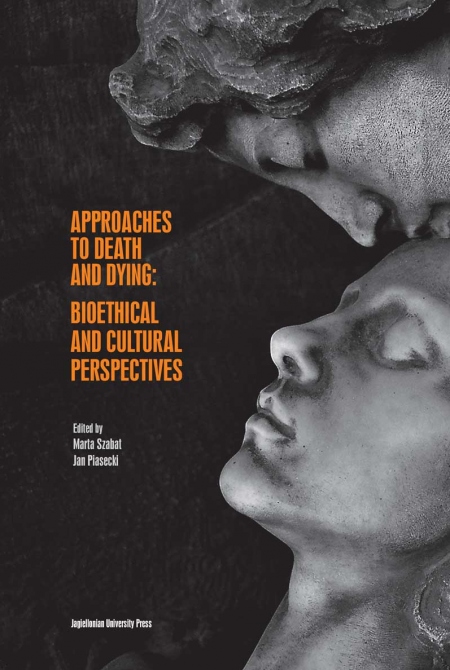
Approaches to Death and Dying: Bioethical and Cultural Perspectives
TABLE OF CONTENTS
Notes on Contributors 7
Marta Szabat, Jan Piasecki
A Word from the Editors 9
Legal and Ethical Aspects of Patient Autonomy
Martyna Łaszewska-Hellriegel
Deciding Life and Death: Euthanasia in Europe. Ethical and Regulatory Implications 17
Yael Lavi
What is Wrong with the American Association of Suicidology Statement? 33
Patrycja Zurzycka
Advance Care Planning: Health Care Agent 49
Ethical Aspects of Patient Autonomy
Valery Sokolchik
Respecting the Autonomy of the Dying Patient 67
Marta Szabat
Parental Autonomy in the Light of Hope in Pediatric Palliative Care 79
Paulina Hornik
The Role and Importance of Family Support in Oncological or Long-Term Illness 91
Anthropology and Philosophy of Death and Dying
Anna E. Kubiak
End-of-Life Issues in the Context of Biopolitics and Bioeconomy 103
Maria Onyszkiewicz
A Phenomenological Approach to the Problem of Posthumous Harm 121
Cultural Studies on Death and Dying
Zygmunt Pucko, Joanna Przybek-Mita
Life in the Living Death of Frida Kahlo and its Reflection in the Painter’s Work 141
Łucja Lange
Cancertainment. How Entertainment May Help People with (and without)Cancer? 151
Barbara Bojdo
Style and Ideological Changes in Depicting Death in European Art from Roman Antiquity to the Renaissance 165
Index of persons 207
Subject index 213
Marta Szabat, Jan Piasecki
A Word from the Editors 9
Legal and Ethical Aspects of Patient Autonomy
Martyna Łaszewska-Hellriegel
Deciding Life and Death: Euthanasia in Europe. Ethical and Regulatory Implications 17
Yael Lavi
What is Wrong with the American Association of Suicidology Statement? 33
Patrycja Zurzycka
Advance Care Planning: Health Care Agent 49
Ethical Aspects of Patient Autonomy
Valery Sokolchik
Respecting the Autonomy of the Dying Patient 67
Marta Szabat
Parental Autonomy in the Light of Hope in Pediatric Palliative Care 79
Paulina Hornik
The Role and Importance of Family Support in Oncological or Long-Term Illness 91
Anthropology and Philosophy of Death and Dying
Anna E. Kubiak
End-of-Life Issues in the Context of Biopolitics and Bioeconomy 103
Maria Onyszkiewicz
A Phenomenological Approach to the Problem of Posthumous Harm 121
Cultural Studies on Death and Dying
Zygmunt Pucko, Joanna Przybek-Mita
Life in the Living Death of Frida Kahlo and its Reflection in the Painter’s Work 141
Łucja Lange
Cancertainment. How Entertainment May Help People with (and without)Cancer? 151
Barbara Bojdo
Style and Ideological Changes in Depicting Death in European Art from Roman Antiquity to the Renaissance 165
Index of persons 207
Subject index 213
Approaches to Death and Dying: Bioethical and Cultural Perspectives
TABLE OF CONTENTS
Notes on Contributors 7
Marta Szabat, Jan Piasecki
A Word from the Editors 9
Legal and Ethical Aspects of Patient Autonomy
Martyna Łaszewska-Hellriegel
Deciding Life and Death: Euthanasia in Europe. Ethical and Regulatory Implications 17
Yael Lavi
What is Wrong with the American Association of Suicidology Statement? 33
Patrycja Zurzycka
Advance Care Planning: Health Care Agent 49
Ethical Aspects of Patient Autonomy
Valery Sokolchik
Respecting the Autonomy of the Dying Patient 67
Marta Szabat
Parental Autonomy in the Light of Hope in Pediatric Palliative Care 79
Paulina Hornik
The Role and Importance of Family Support in Oncological or Long-Term Illness 91
Anthropology and Philosophy of Death and Dying
Anna E. Kubiak
End-of-Life Issues in the Context of Biopolitics and Bioeconomy 103
Maria Onyszkiewicz
A Phenomenological Approach to the Problem of Posthumous Harm 121
Cultural Studies on Death and Dying
Zygmunt Pucko, Joanna Przybek-Mita
Life in the Living Death of Frida Kahlo and its Reflection in the Painter’s Work 141
Łucja Lange
Cancertainment. How Entertainment May Help People with (and without)Cancer? 151
Barbara Bojdo
Style and Ideological Changes in Depicting Death in European Art from Roman Antiquity to the Renaissance 165
Index of persons 207
Subject index 213
Marta Szabat, Jan Piasecki
A Word from the Editors 9
Legal and Ethical Aspects of Patient Autonomy
Martyna Łaszewska-Hellriegel
Deciding Life and Death: Euthanasia in Europe. Ethical and Regulatory Implications 17
Yael Lavi
What is Wrong with the American Association of Suicidology Statement? 33
Patrycja Zurzycka
Advance Care Planning: Health Care Agent 49
Ethical Aspects of Patient Autonomy
Valery Sokolchik
Respecting the Autonomy of the Dying Patient 67
Marta Szabat
Parental Autonomy in the Light of Hope in Pediatric Palliative Care 79
Paulina Hornik
The Role and Importance of Family Support in Oncological or Long-Term Illness 91
Anthropology and Philosophy of Death and Dying
Anna E. Kubiak
End-of-Life Issues in the Context of Biopolitics and Bioeconomy 103
Maria Onyszkiewicz
A Phenomenological Approach to the Problem of Posthumous Harm 121
Cultural Studies on Death and Dying
Zygmunt Pucko, Joanna Przybek-Mita
Life in the Living Death of Frida Kahlo and its Reflection in the Painter’s Work 141
Łucja Lange
Cancertainment. How Entertainment May Help People with (and without)Cancer? 151
Barbara Bojdo
Style and Ideological Changes in Depicting Death in European Art from Roman Antiquity to the Renaissance 165
Index of persons 207
Subject index 213
Choose chapters to buy:
Order value:
0.00 zł
